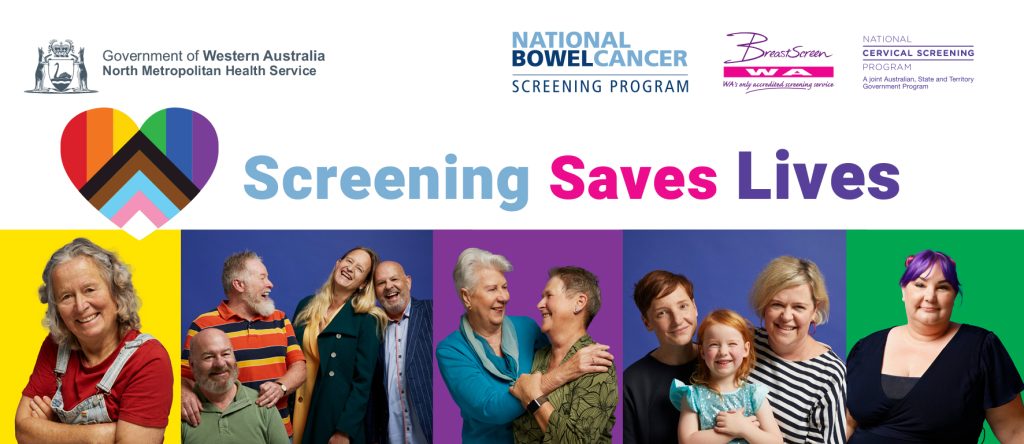National Cervical Cancer Awareness Week is a great opportunity to remind all women and people with a cervix who are 25 to 74 years old to have a Cervical Screening Test every five years.
WA Cervical Cancer Prevention Program Manager, Nerida Steel, says that cervical cancer can affect people of all ages, but the initial stages often show no signs or symptoms. That’s why screening is vital.
“The introduction of self-collection is a game changer for the community, empowering people to literally take their health into their own hands,” says Steel.
“Cervical screening, even the idea of cervical screening, can be difficult and can make many people feel uncomfortable and vulnerable.”

If you are eligible and want to collect your own sample, your general practitioner can give you a swab and provide instructions.
“Self-collection can make the whole process more comfortable and alleviate any anxieties you may have about cervical screening,” says Steel.
“It’s just as effective, safe and accurate as having your healthcare provider doing it for you.”
The good news is that cervical cancer can be prevented, and WA is one of the leaders in preventative screening and treatment.
Treatment delivery has significantly improved, as has the five-year-survival rate for all patients diagnosed with cervical cancer.
Nerida says an important takeaway is that if you have a cervix and had any sexual contact, you need regular cervical screening. It does not matter if you’re gay, lesbian, bisexual, trans or queer.
While initial stages of the cancer often show no symptoms, further developed cervical cancer can include:
- Vaginal bleeding after sex
- Unusual vaginal discharge
- Continual pain during sex
National Cervical Cancer Awareness Week (10 to 16 November 2024) coincides with PrideFEST.
The WA Cervical Cancer Prevention Program will be at the Screening Saves Lives stand at PrideFEST Fairday on Sunday 17 November. They would love to answer any questions you may have.





